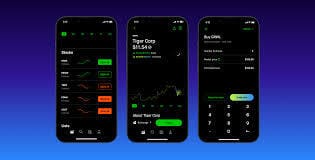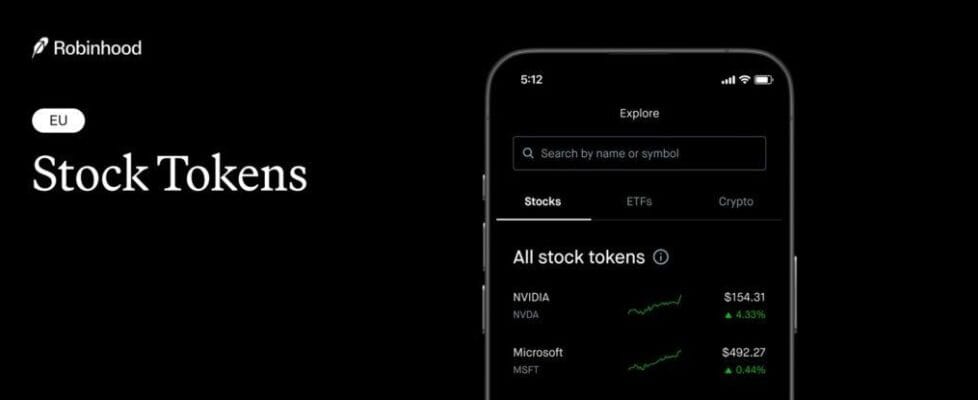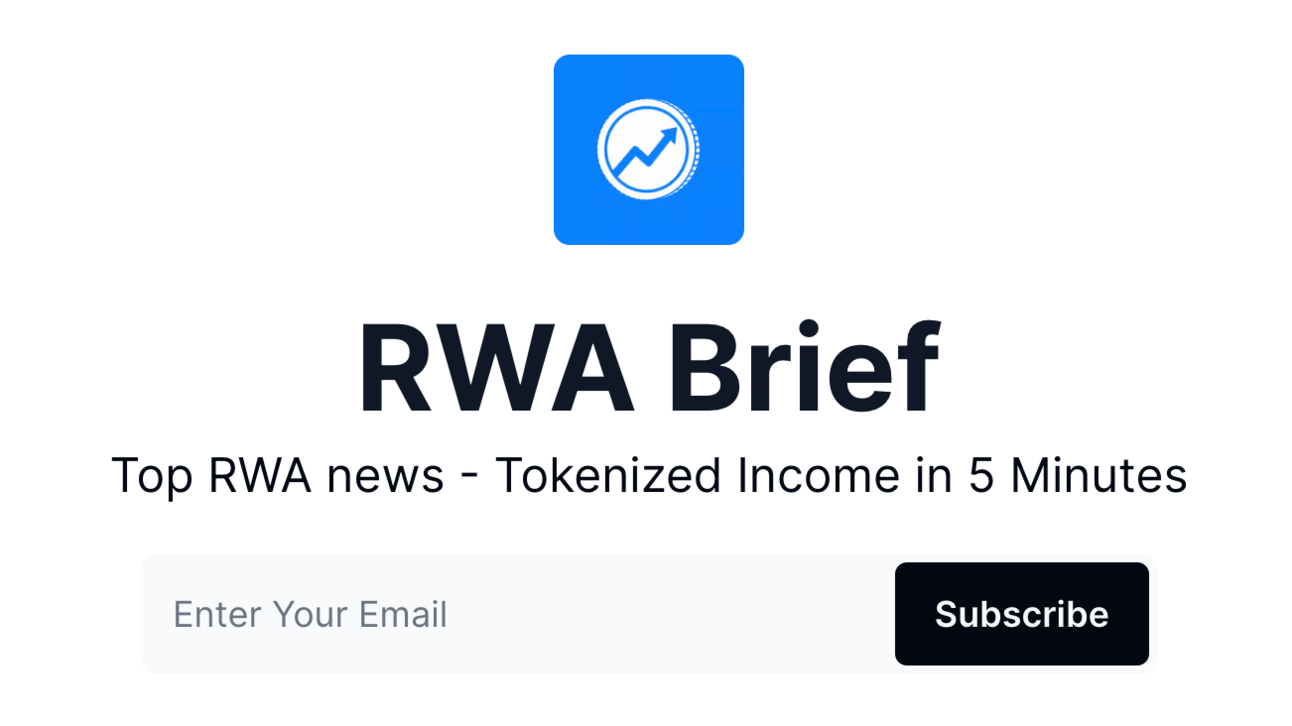- RWA Brief
- Posts
- Robinhood Enters the Tokenized Stock Arena
Robinhood Enters the Tokenized Stock Arena
The tokenization of real-world assets represents one of the most significant developments unfolding in today's financial landscape. What was once merely theoretical discussion has evolved into tangible reality.

Throughout the past year, institutional players have established various funds within the United States, converting assets like US Treasury bonds into digital tokens. The regulatory framework for institutional participants remains considerably more streamlined, explaining why this approach gained initial traction.
The critical milestone ahead involves making these digital assets accessible to retail investors. Currently, European markets are leading this charge, benefiting from regulatory frameworks that support such innovations.
Robinhood stands among the companies making aggressive moves into this space.

Understanding Tokenized Equity
A tokenized stock functions as a digital representation of traditional equity shares. When these tokens change hands, ownership transfers while the underlying stock remains with a designated custodian. This mechanism mirrors the structure of Bitcoin Spot ETFs - investors don't directly hold Bitcoin but own units representing that exposure, with the actual cryptocurrency staying in custody.
This system delivers several compelling benefits.
Traditional stock markets operate within fixed trading windows, while cryptocurrency markets function continuously. Digital assets never pause for holidays or weekends, creating round-the-clock trading opportunities.
Cost efficiency represents another significant advantage. Blockchain infrastructure operates with enhanced efficiency by eliminating multiple intermediaries who traditionally extract fees throughout the process. Legacy financial systems involve numerous parties taking their cut along the way.
Robinhood selected Arbitrum as their foundation, leveraging this Ethereum layer-2 solution that has gained substantial adoption. This choice provides connectivity to the broader Ethereum ecosystem and its various applications.

Solana's Role in the Competition
Other major players are also entering this market segment.
Kraken launched their XStocks program, offering tokenized versions of companies like Nvidia, Tesla, and MicroStrategy. Their approach provides direct exposure to these popular stocks through blockchain technology.
Rather than following Robinhood's Arbitrum strategy, Kraken chose Solana as their platform. While Solana has proven extremely popular, this creates fragmentation across different blockchain networks.
Robinhood's leadership believes their Ethereum connection will enhance liquidity pools. Having assets scattered across multiple chains potentially dilutes liquidity, which could hinder the goal of replacing traditional financial infrastructure.
However, this concern may prove overblown given the entire cryptocurrency market's accessible liquidity. Tokenized stocks enable seamless transitions between digital currencies and traditional equity exposure. Users can effortlessly move from USDC or Litecoin into McDonald's stock, treating all assets as interchangeable tokens.
XStocks utilizes full backing rather than synthetic exposure. Each token corresponds to actual shares held by third-party custodians. This approach will likely become the industry standard for tokenized equity trading. While some platforms may offer derivative-based exposure, genuine ownership requires actual share backing.
Regulatory clarity will ultimately determine how this market evolves. While decentralized finance protocols will certainly play a role, larger institutions and managed funds will primarily utilize centralized platforms for compliance reasons.
Despite centralized operators, both Kraken and Robinhood leverage decentralized blockchain networks for their infrastructure.
Blockchain technology continues demonstrating practical applications beyond simple cryptocurrency creation. Wall Street's transformation shows no signs of slowing, with the next five years likely bringing fundamental changes to financial markets.
Tokenized equities represent one of the most promising areas for this evolution.
